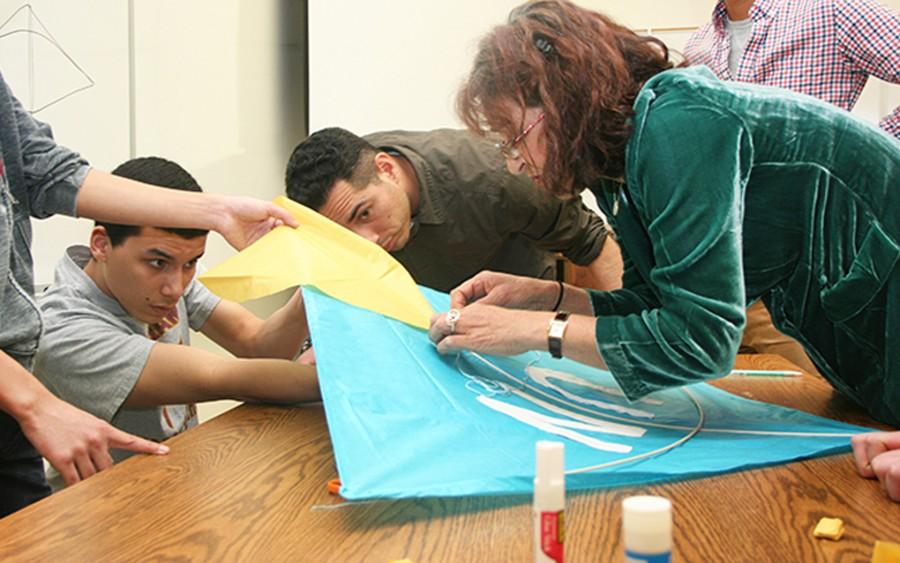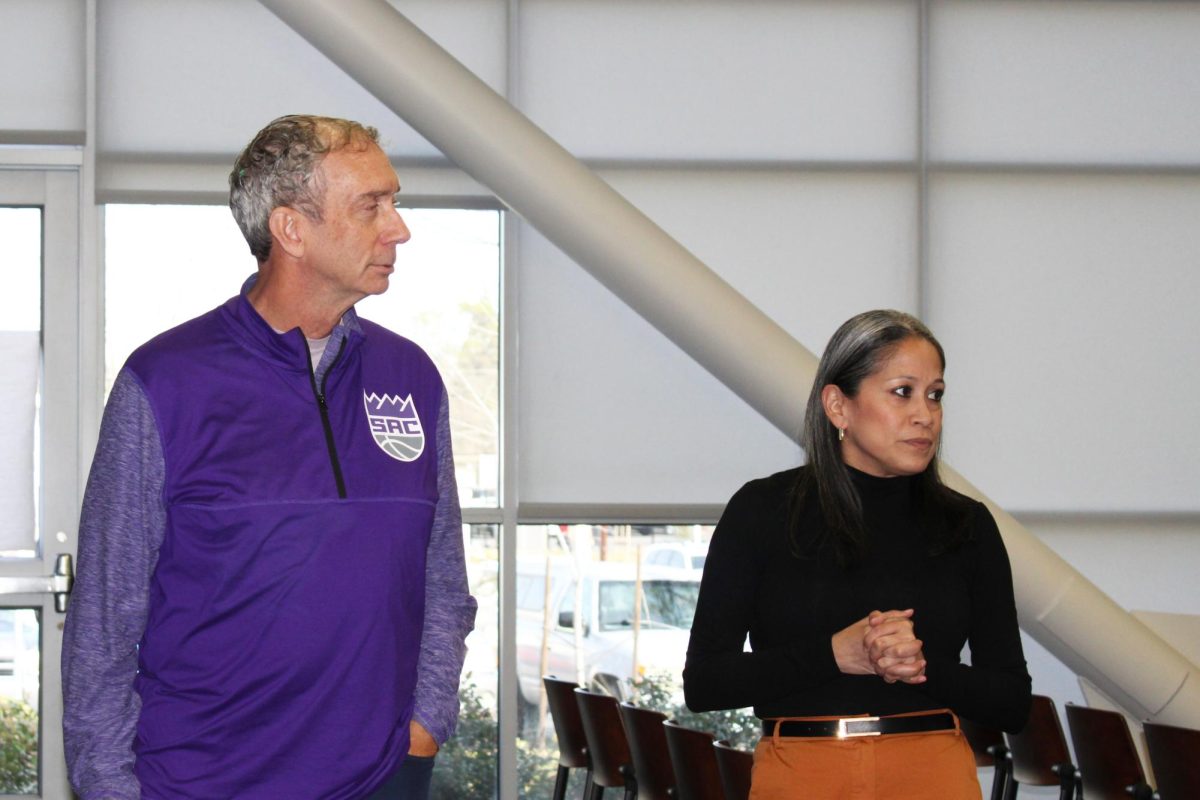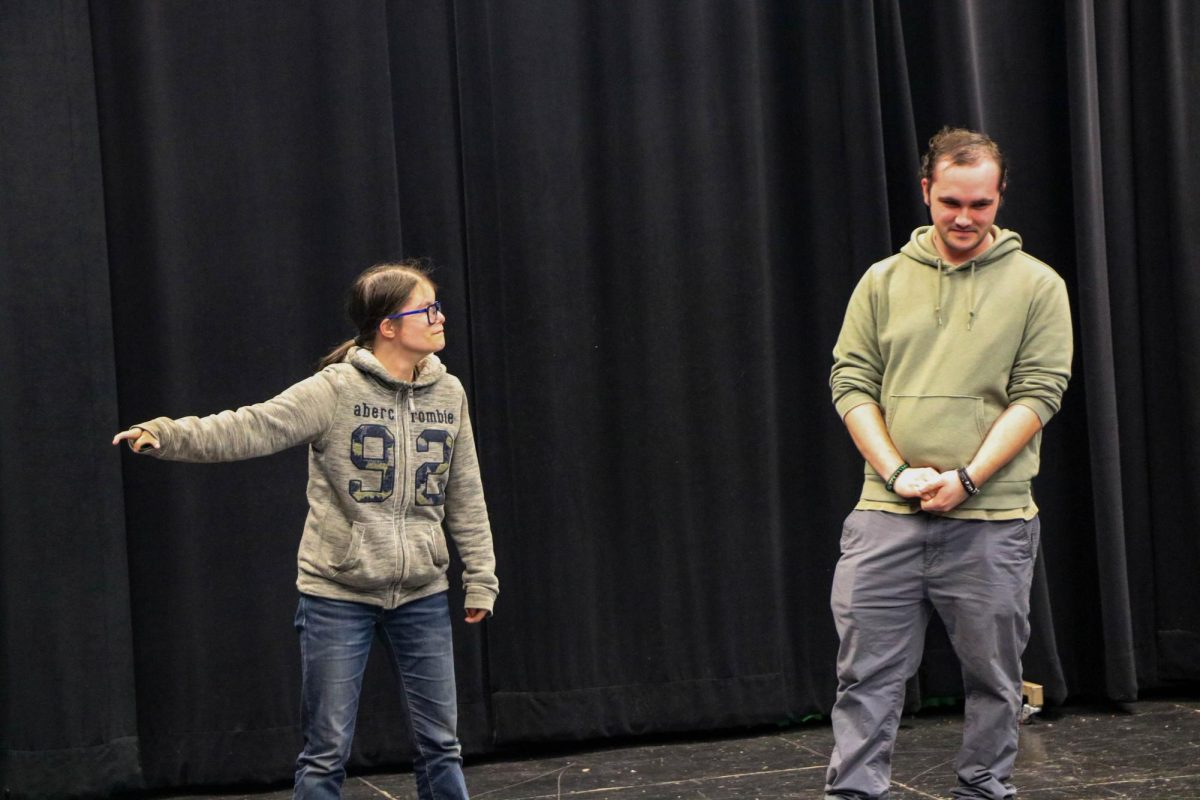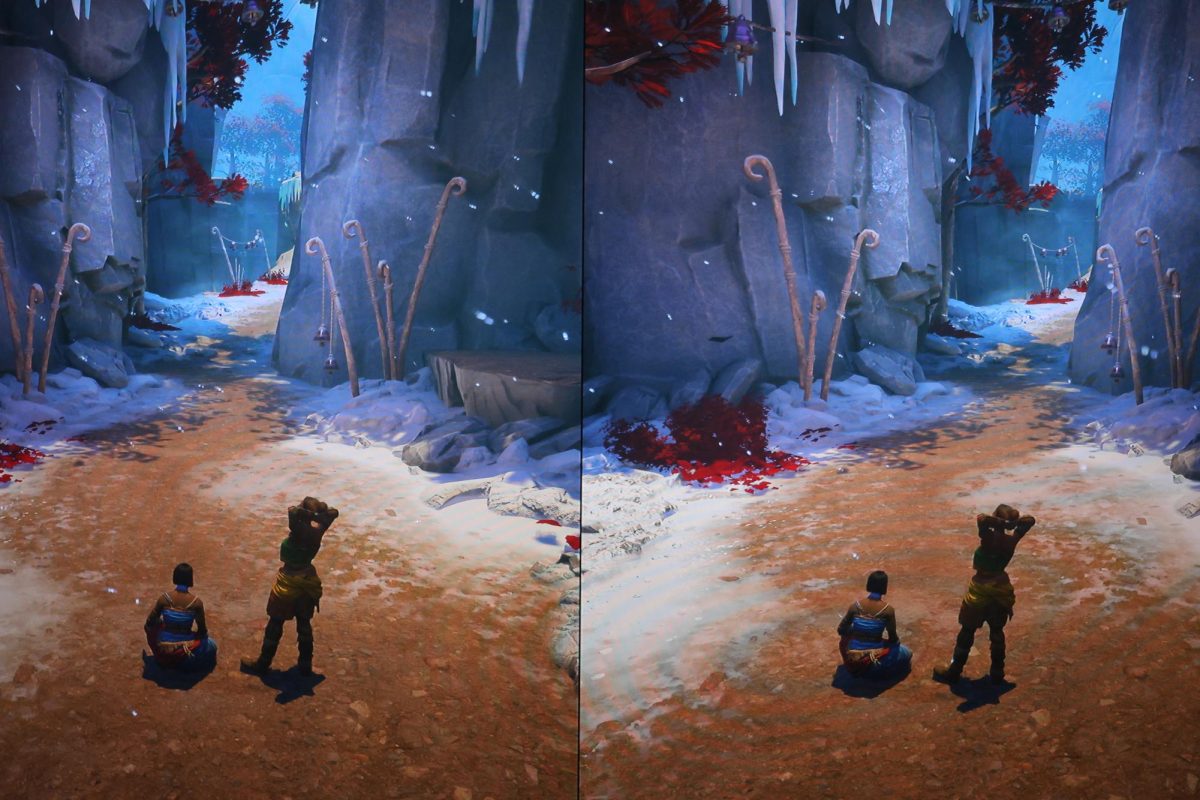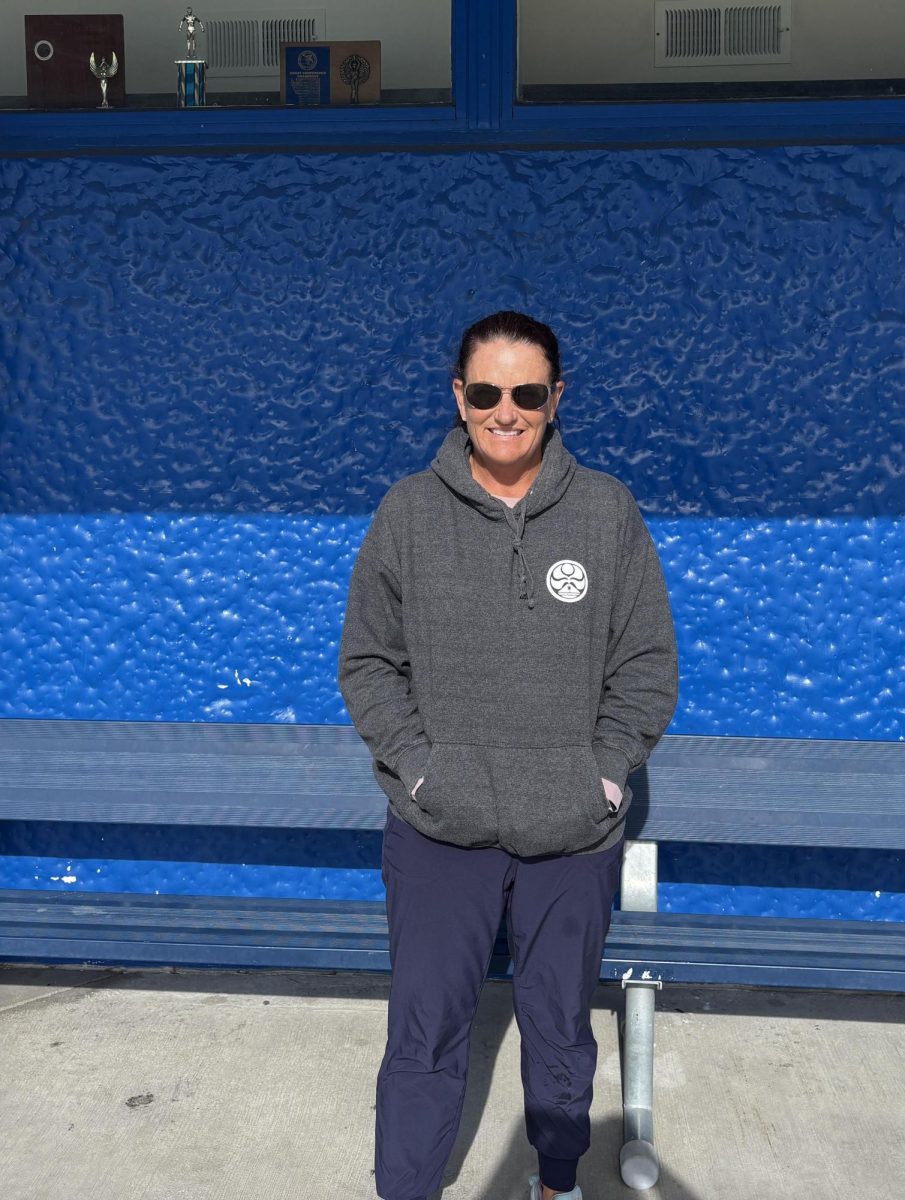With the next Club Day approaching, clubs on campus are preparing to blow away their competitors. This Club Day, which will take place Thursday, March 20, will also feature a kite building competition.
Clubs such as the Model United Nations Club are already hard at work making their kite.
Professor Shahla Mokhtarzada from Afghanistan is showing the students from the Model U.N. Club how to make a traditional Afghan kite.
“This is the Model U.N. (Club), so this club embraces multiple cultures. Professor Mokhtarzada is from Afghanistan, so we let her know about the contest, and she volunteered her services and decided to show us how to make a traditional Afghan kite to keep with the spirit of the club,” said Model U.N. Club member Alex Sanchez.
The Model U.N. Club chose to use an Afghan kite because it embraces another culture.
Although Mokhtarzada is assisting the students with their kite, she has only made two kites before. “I have built kites twice before in my life. Usually it’s a guy thing. Guys fly kites in Afghanistan,” Mokhtarzada recalled.
“I would see my brother making kites with my cousin because they would go to competitions. So, I grew up in a house with this entire kite making.”
The kite is being made in different pieces and will be put together when all of the sections have been completed. Club members were each assigned a section of the kite to create.
“Right now we are in the (process of) cutting the main body of the kite and the different parts of the kite,” Mokhtarzada said. “Then (we can) start gluing the kite for the competition.”
“We have different parts ready. We have the U.N. (logo) ready, we have the wings, if you want to call them that, ready,” Mokhtarzada added.
“Right now, the big challenge is the main body of the kite, a diamond shape that has to be cut to a certain size and then we attach the center wood piece to keep it up. Then, the arch is attached to the thread on the back. It’s not supposed to fly, it’s suppose to look as close as possible to a kite but not fly,” Mokhtarzada continued.
“The great part of it is these guys are really good, very precise, so hopefully it will go well. Hopefully they will win the competition–that I cannot guarantee,” Mokhtarzada concluded.


